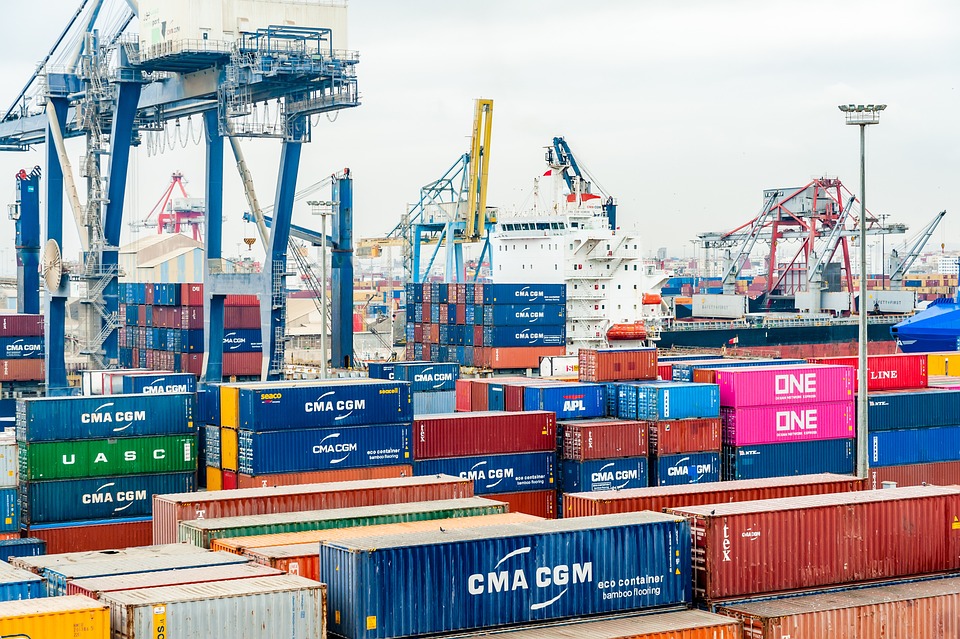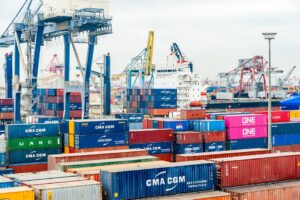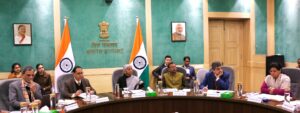States Urged to Prioritize State-Specific Logistics Policies to Drive Economic Growth and Global Competitiveness: Ministry of Commerce Report

New Delhi [India], January 6: A new report from the Logistics Division of the Ministry of Commerce emphasizes the importance of States and Union Territories (UTs) in India prioritizing the development of tailored logistics policies to fulfill their unique development goals.
The report underscores the vital role of the logistics sector in driving economic growth and boosting India’s global competitiveness. To achieve their developmental aspirations, the Logistics Division has called on States and UTs to focus on initiatives that include the creation of logistics policies with clearly defined timelines for execution.
The logistics sector is key to enhancing the economic efficiency of both India and its individual States and UTs. To realize their specific development objectives, the report recommends that States and UTs design logistics strategies that cater to their particular needs, ensuring that implementation timelines are well-defined.
One of the major recommendations of the report is the establishment of robust institutional frameworks that would facilitate coordinated execution. Furthermore, adopting IT-enabled solutions such as real-time cargo tracking and automated processes are suggested to streamline operations within the sector.
Another critical area that the report highlights is workforce skill development. It stresses the importance of preparing a capable workforce to handle the evolving demands of the logistics sector. Additionally, incentivizing green logistics practices is seen as an urgent requirement to ensure the sector operates in an environmentally sustainable manner.
The report also calls for fast-tracking initiatives that aim to address capacity gaps in the sector. States and UTs are encouraged to set measurable goals and track performance through Key Performance Indicators (KPIs) and timelines. Key focus areas include reducing logistics costs, increasing the share of rail freight, and promoting the use of electric vehicles (EVs) in logistics operations.
The report further encourages the use of digital platforms, such as the Unified Logistics Interface Platform (ULIP), to facilitate seamless data sharing and coordination among logistics stakeholders. The promotion of multi-modal transport systems, backed by strategic investments in infrastructure and technology, is another key recommendation. This will not only help reduce logistics costs but also minimize the environmental impact of the sector.
Simplifying regulatory frameworks, allocating dedicated funds, and using real-time monitoring tools are other critical measures to tackle challenges in logistics policy implementation. The report also calls for regional customization, emphasizing that States and UTs should tailor their logistics policies according to their specific geographical and economic circumstances. For example, coastal States are encouraged to prioritize port modernization and export-import (EXIM) trade, while North-Eastern States are advised to focus on improving cross-border connectivity. Landlocked States should prioritize the development of multimodal logistics hubs.
By implementing these actionable steps, the report envisions a more efficient, sustainable, and globally competitive logistics ecosystem. Achieving these goals is expected to not only benefit individual States and UTs but also contribute to India’s overall economic growth, helping the country compete more effectively in the global market.







